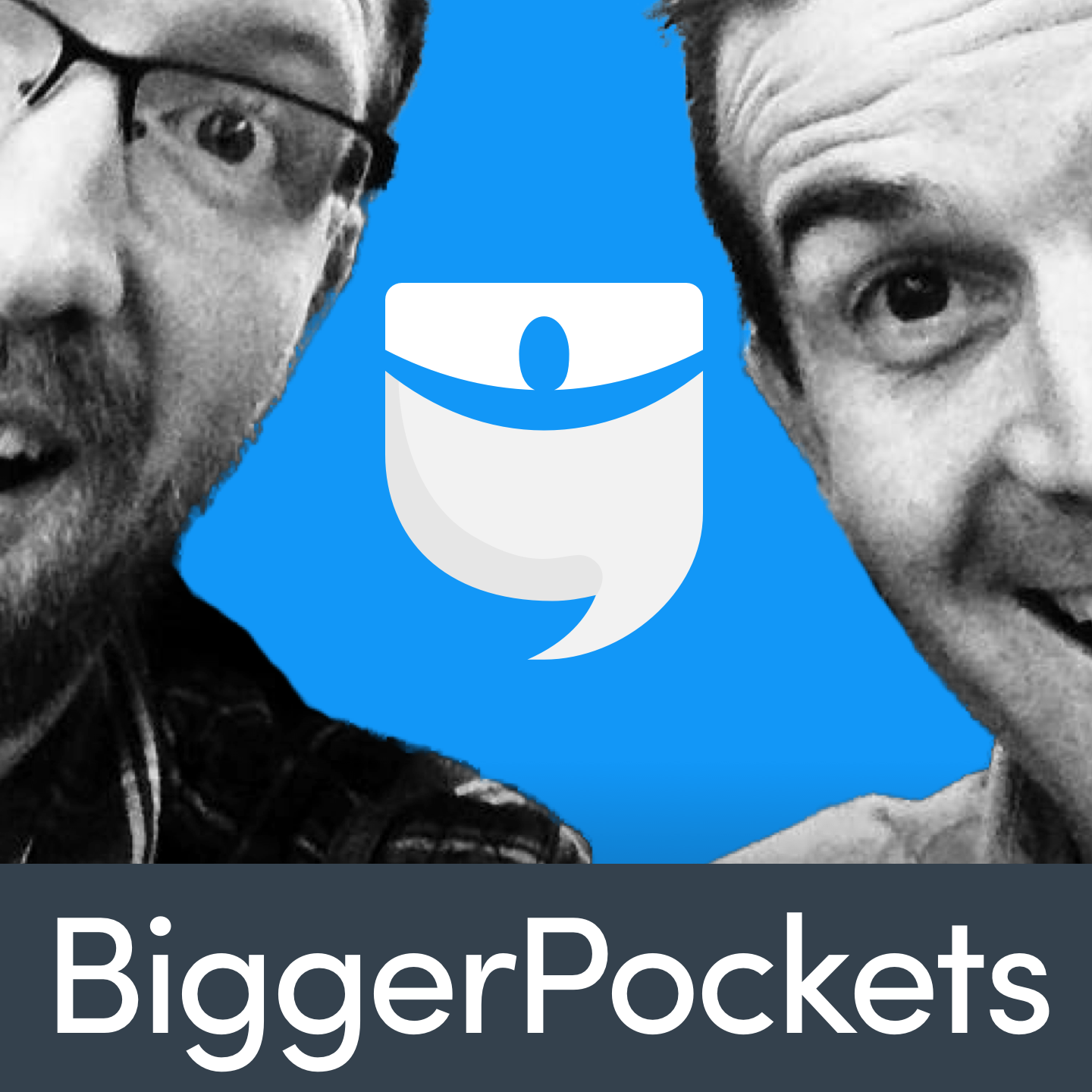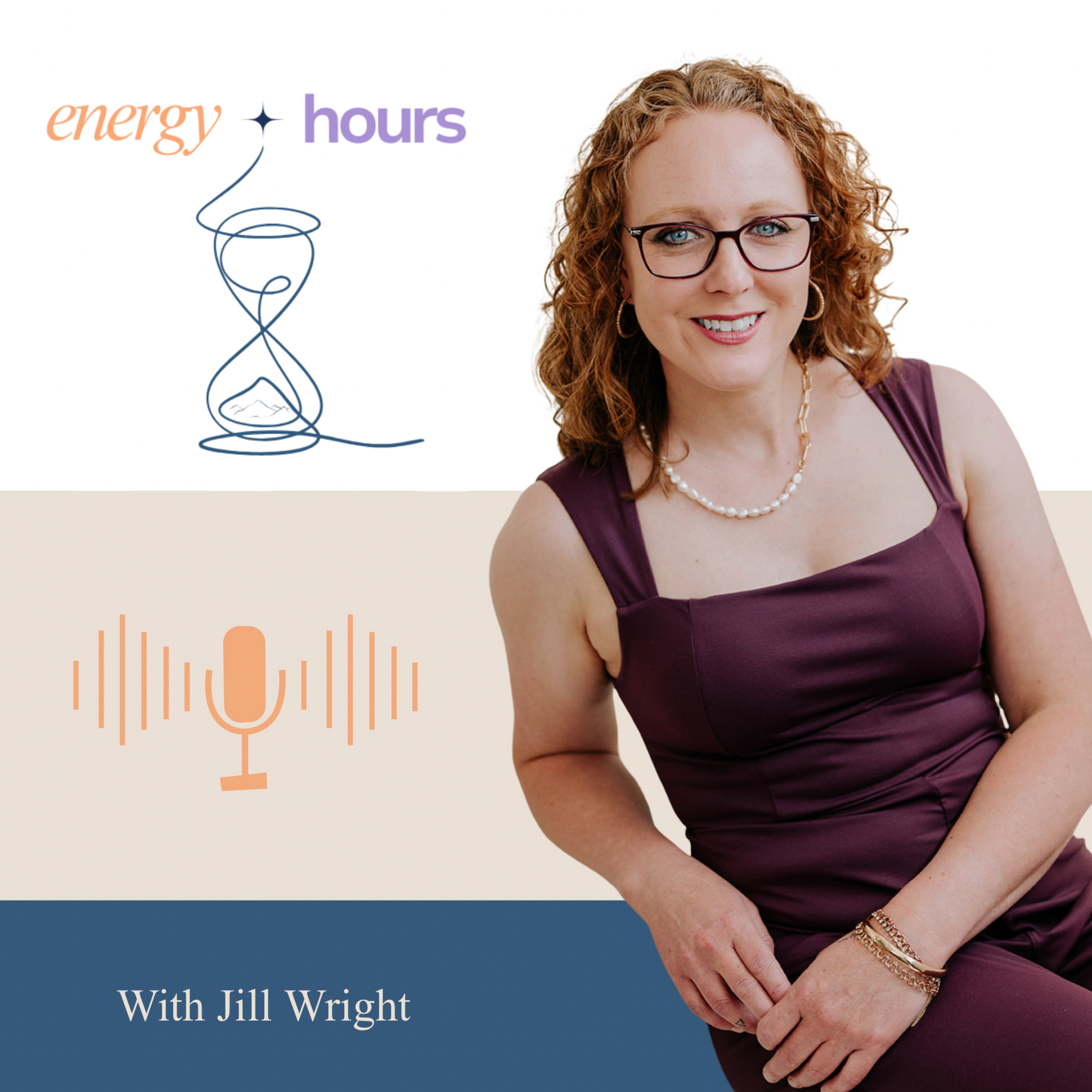
Your Bounce Back Life
Your Bounce Back Life—Recover & Reset with Resilience:
How do you react to life challenges? With fortitude or fear? Donna Galanti, an author and entrepreneur, gets personal with frank discussions about financial, physical, and mental health challenges to show that you too can overcome life’s hardships with grit and gumption. Why settle for “survive” when you can “thrive”?
Donna empowers you with tips and tools that will coax you out of your comfort zone, convince you to embrace self-awareness, and enable you to transform adversity into advantage. Find out how to tap into your resilient mindset to re-set your life and create a path forward of passion, purpose, and peace in the pursuit of joy.
Watch for shows every other week on Tuesdays!
Your Bounce Back Life
17 Bounce Back From Letting Go in Life
Bouncing Back From Letting Go—In Life
Hi Friends,
Today I’m talking with you about how Letting Go in life can be necessary and a blessing.
We all must let go eventually. And what we start out with is not what we end up with.
Sometimes it’s letting go of a friendship. A husband. A career. A child. A parent.
Bottom of Form
The toxic friend who suffocates you and puts you down. The partner who can’t commit. The career that stresses you out. The child who needs to learn from his own mistakes. The parent who dies.
It’s a release. A sense of freedom. A sense of relief.
Find out how it can be all this.
Resources:
Editor and author Kathryn Craft
The Creative Habit book by Twyla Tharp
A Human Element book
I hope today’s show helped you or touched you in some way! If it did, please consider following Your Bounce Back Life Podcast, rating it, leaving a review, and sharing this episode with friends and family. I truly appreciate it. And I’m wishing you a bounce back life full of passion, purpose, and peace in the pursuit of joy. Thanks so much listening and see you next week!
Visit me at Your Bounce Back Life website.
Bouncing Back From Letting Go—In Life
Hi Friends,
Today I’m talking with you about how Letting Go in life can be necessary and a blessing.
We all must let go eventually. And what we start out with is not what we end up with.
Sometimes it’s letting go of a friendship. A husband. A career. A child. A parent.
Bottom of Form
The toxic friend who suffocates you and puts you down. The partner who can’t commit. The career that stresses you out. The child who needs to learn from his own mistakes. The parent who dies.
It’s a release. A sense of freedom. A sense of relief.
Or for me, letting go of the parts of a book I’m writing that do work … until they don’t work anymore. Cutting out the plot points or characters or dialogue that does not serve the story.
Some people call it “killing your darlings” like the author William Faulkner noted. He said, “in writing, you must kill all your darlings.” He also said, “a writer needs three things, experience, observation, and imagination, any two of which, at times any one of which, can supply the lack of the others.”
Your imagination lets your words fly free.
Your experience enables you to harness them.
Your observation arms you with the weapon to indeed kill those darlings.
I like to call this “killing your darlings” expression a “letting go” instead. In writing—and in life.
At one writer’s retreat lakeside long ago in Northern New York (led by editor, author, and friend Kathryn Craft) I read from my novel-in-progress at the time. A strong theme of the novel was about finding peace in life through balance, emotional vs. physical. My fellow retreaters pointed out that several of my characters had disabilities.
A one-legged girl. A bald-headed lady. A young man with a club foot. A young woman with lopsided breasts. I was told it was too much. Time to let go of my darlings!
Uh, yeah.
I had to laugh. They were right. I needed to decide what would stay and what would be let go that no longer served the purpose of the story. I had to find the one select physical character issue and let that shine throughout the story arc. And I realized that a character’s imbalance need not be physical, it could be on the inside—a flawed internal imbalance that he or she has to face.
I was comforted also by the fact my fellow retreaters told me that letting go of what doesn’t serve your story is the sign of maturity in a writer.
And this is what writing the draft of a novel is about. Writing it all in, and then letting go. What we start out with is not what we end up with, and it can’t stay the same to work. Like life. We must let go of what no longer serves us.
And in the creating of that which we may let go, we develop the skills needed as a writer and a life explorer—and we absorb these skills along our journey, often without knowing it. We’re building a bridge that may get disassembled and moved to another location, but we would never get to that location without the first bridge.
It has to be undone—to be done. To be let go—in order to gain.
To find freedom in release.
In my first thriller for adults, A Human Element, my publisher sent back edits on the villain, X-10. He was too evil. He was too unredeemable. He did too many terrible deeds. It was overkill and took away from the complexity of his character and derailed the emotional scene at the end. I agreed and … I let them all go but one. And it worked. Many readers tell me that that X-10 is their favorite character and they feel sympathetic toward him, even with how terrifying he is.
In Twyla Tharp’s book The Creative Habit she notes that “what all successful artists have in common is that they have mastered the underlying skills of their creative domain, and built their creativity on the solid foundation of those skills.”
Tharp also writes that “skill is how you close the gap between what you see in your mind’s eye and what you can produce.” And that is what letting go in writing is—closing the gap between a new idea and a refined one.
And this letting go is not just in creative work, but something to be practiced in our daily lives.
I remember the first time I let go of my son’s hand years ago and let him run out in the wide-open spaces. He was free! Oh, how he jogged crookedly across that vast field. His toddler legs carried him wildly as he headed into the great unknown. I knew it was time to let him go for a bit. I could still see him and that would have to be enough. But anxiety gripped my heart until his small hand was back in mine, warm and needing.
When my son was nine, I tried to help him understand how complex the world is and that I don’t quite understand it myself. And sometimes bad things happen to good people. Innocent people. Like the horrific tragedy of the Newtown, Connecticut, Sandy Hook school shooting. My son quickly understood, in shocking awareness, how this could have been his elementary school. He watched the news, asking me questions that were so difficult to answer.
Then he finally turned off the news and escaped in a book to erase the thoughts in his head about it. And before he went upstairs, he turned to me and said, “Mommy, that man not only took away their dreams, but the dreams of their loved ones too.” How right he was. And how sad I was that he had this clarity. And my heart ached knowing I couldn’t protect my son from knowing and experiencing the evils of the world. I had to let go of being a total protector—but I also knew that letting go of being his total protector would serve him better throughout his life. No matter how hard it was for me.
At age ten, my son wanted to bike to school by himself. His friends were doing it. It was only half a mile. Down the path. Over the bridge and through the woods. Across the road. I could see his route in my mind. We’d taken it so many times. And I signed the school form giving him permission and I waved goodbye as he left for school. A letting go that hurt. But I discovered it wouldn’t always hurt. My son didn’t need saving anymore. I let him go to be his own hero. I hope I can too in the wide-open spaces of my writing and my life. Be brave. Be free.
Because … What we start out with is not what we end up with, and it can’t stay the same if we want to move on. In writing. Or in life.
And when we lose a loved one and must let go, we don’t lose loving them. Just because they left us doesn’t mean our love dies, too. We’ll love them for the rest of our life. But we can let go of the barriers that arose between us and our loved one. Barriers that no longer matter. Resentments and anger stripped away. Peace, acceptance, and grace left behind.
And if you’ve ever watched someone you love suffer at length in their dying, you can pray for them to go. And in their suffering, you’re eased into saying goodbye as you leave them behind. I remember when my mom was dying from cancer, at one point my dad couldn’t be in the room anymore. He asked me, “Why does she have to suffer so much?” I thought about it and I said, “I think, so it’s easier for us to let them go.” And in letting go of someone we love, we can see we’re blessed to have shared with them this wondrous life exploration.
And I let go of my father not long ago. I hugged him, knowing it could be the last time I saw him. It was. I said my goodbyes. I cherished the time I’d had with him for 54 years. He drifted away. And then I let go.
No regret.
Just peace.
The blessing in letting go is to let go with no regret. It makes the experience all worthwhile.
An experience that shapes you.
Changes you.
Matures you.
Makes you a better person.
Makes you a better writer.
Makes you a better life explorer.
And don’t we all want that?
Resources:
Editor and author Kathryn Craft
The Creative Habit book by Twyla Tharp
A Human Element book






